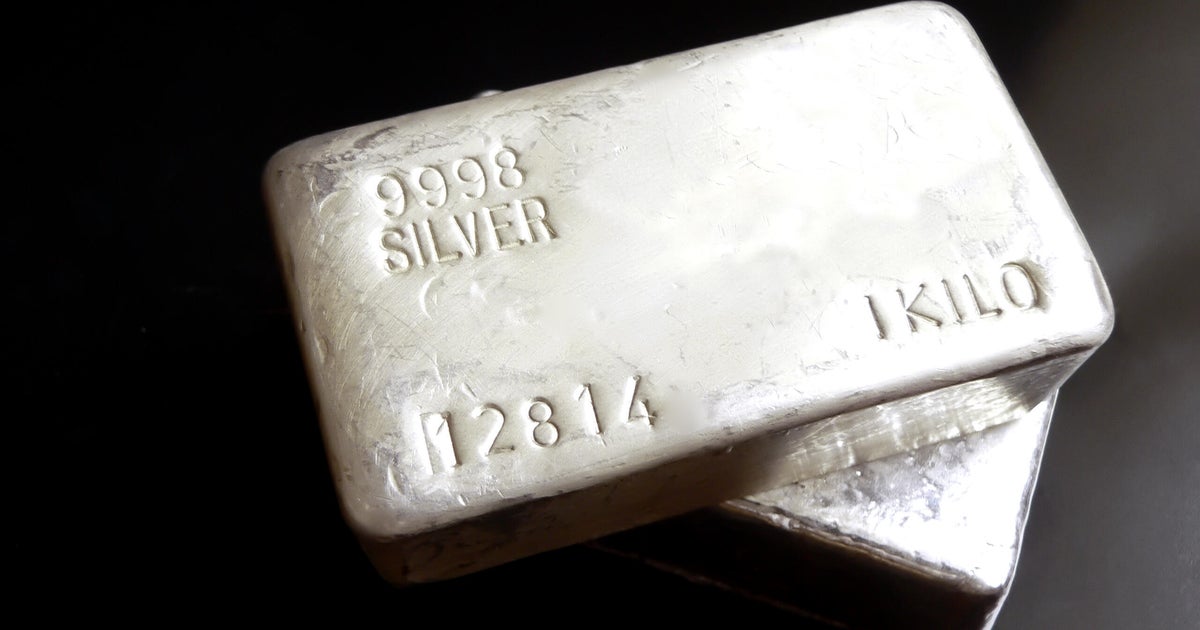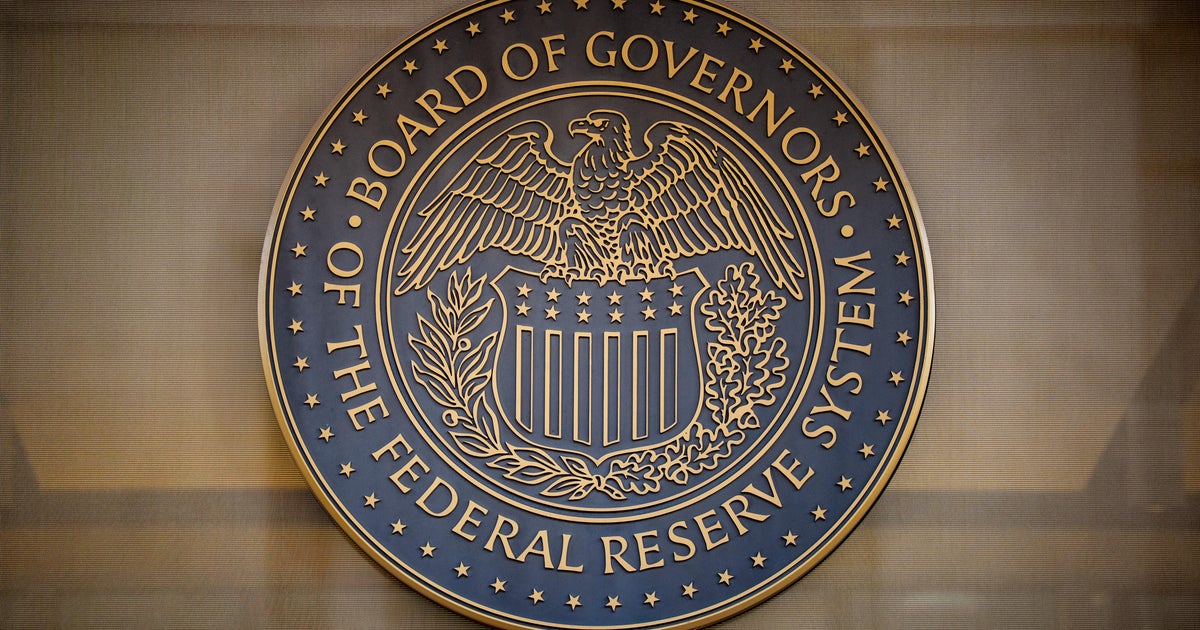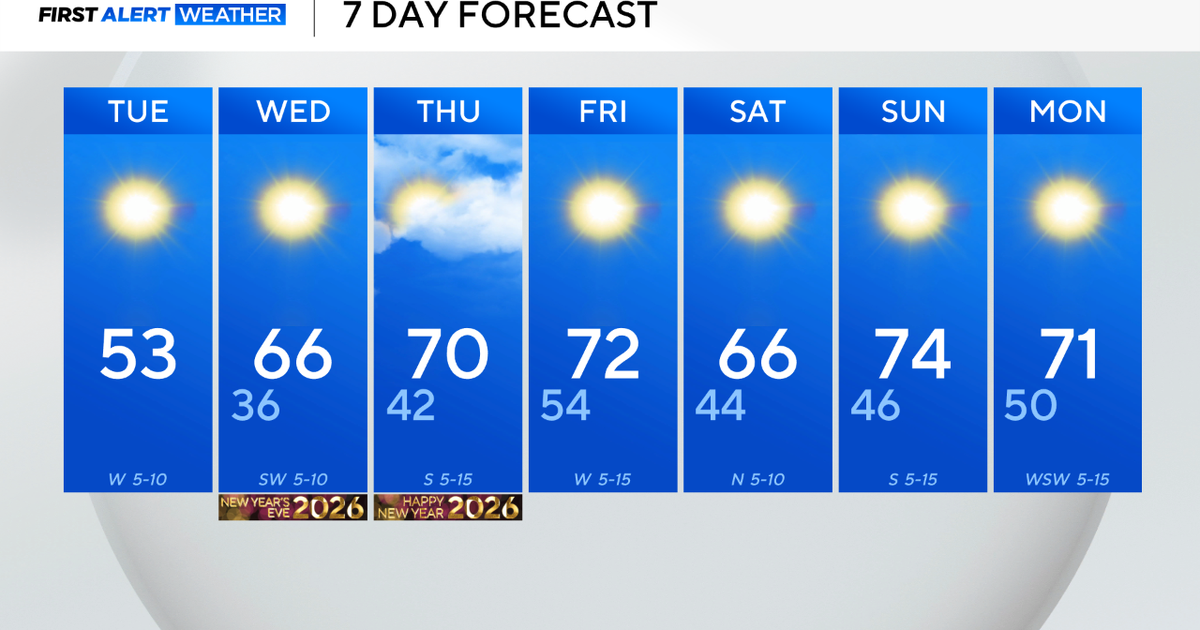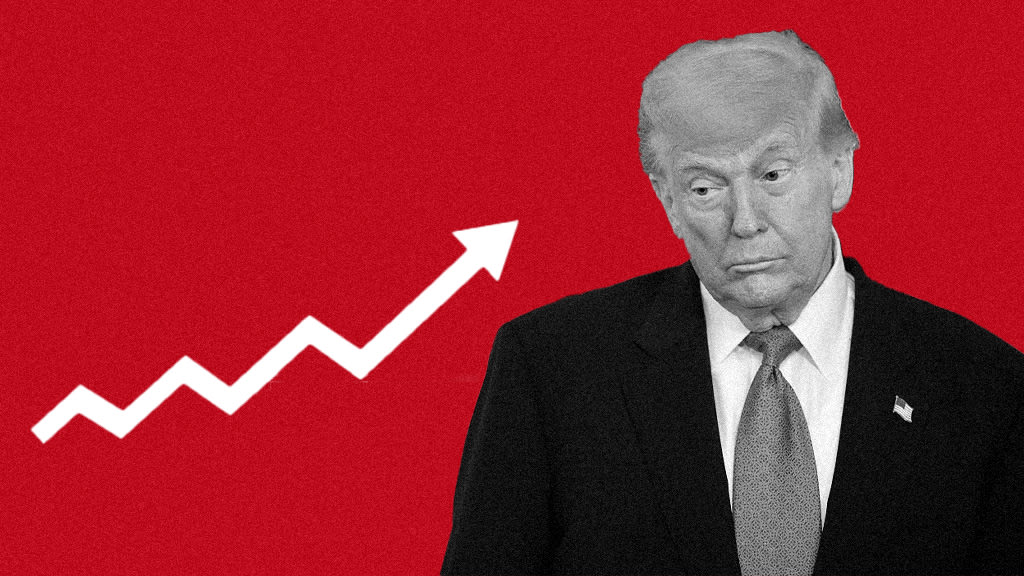World stocks wobble as attacks raise worries
SEOUL, South Korea - Global markets wavered Tuesday as attacks in Germany and Turkey kept investors’ appetite for risk in check. The yen fell after the Bank of Japan kept its policy unchanged as expected. Asian stocks were mostly lower, but Europe rebounded after a shaky start.
As of about 9 a.m. Eastern, Britain’s FTSE 100 rose 0.3 percent to 7,040, and France’s CAC 40 rose 0.2 percent to 4,833. Germany’s DAX was also up 0.2 percent at at 11,449. Futures augured a modest opening on Wall Street, with futures for both the S&P 500 and Dow Jones industrials up 0.3 percent.
“A series of events were seen erupting and adding to the existing list of concerns. As the tensions between U.S. and China look set to ease with the latter returning the seized drone as early as today, chaos was seen striking Switzerland, Germany and Turkey,” Jingyi Pan, a market strategist at IG in Singapore, said in a commentary before China handed the drone back to the U.S.
Shouting “Don’t forget Aleppo! Don’t forget Syria!” a gunman killed Russian’s ambassador to Turkey, a day before a key meeting on Syria involving Turkey, which backs opponents of Bashar Assad’s government, and Russia and Iran, which support the Syrian regime. In Berlin, a truck rammed into a crowded Christmas market, killing at least 12 people and injuring many others.
Japan’s central bank kept its current monetary policy unchanged, saying the “moderate recovery” of the world’s third-largest economy was on track. Japan’s exports, its engine for growth, showed signs of recovery thanks to the yen’s depreciation and the economic recovery in the U.S.
“The Bank of Japan shows no sign of movement toward a taper of its stimulus programs,” said William Adams of PNC Financial Services. “Until Japan shows signs of a sustained and self-reinforcing cycle of rising wages and consumer prices, the Bank of Japan will leave policy in its current, highly expansionary stance.”
Asian markets closed mixed. Japan’s Nikkei 225 clocked another fresh high for the year, advancing 0.5 percent to 19,495, while South Korea’s Kospi added 0.2 percent to 2,042.
But Hong Kong’s Hang Seng index fell 0.5 percent to 21,729, and the Shanghai Composite Index in mainland China dropped 0.5 percent to 3,103. The S&P/ASX 200 in Australia gained 0.5 percent to 5,591. India’s Sensex fell 0.3 percent to 26,287, and in Southeast Asia, stocks in Singapore, the Philippines and Indonesia were lower.
Benchmark U.S. crude gained 21 cents to $53.33 per barrel in electronic trading on the New York Mercantile Exchange. The contract gained 11 cents to close at $53.06 a barrel. Brent crude, the international standard, gained 29 cents to $55.21 a barrel in London.
The dollar strengthened to 118.04 yen from 117.12 yen. The euro fell to $1.0388 from $1.0401.





